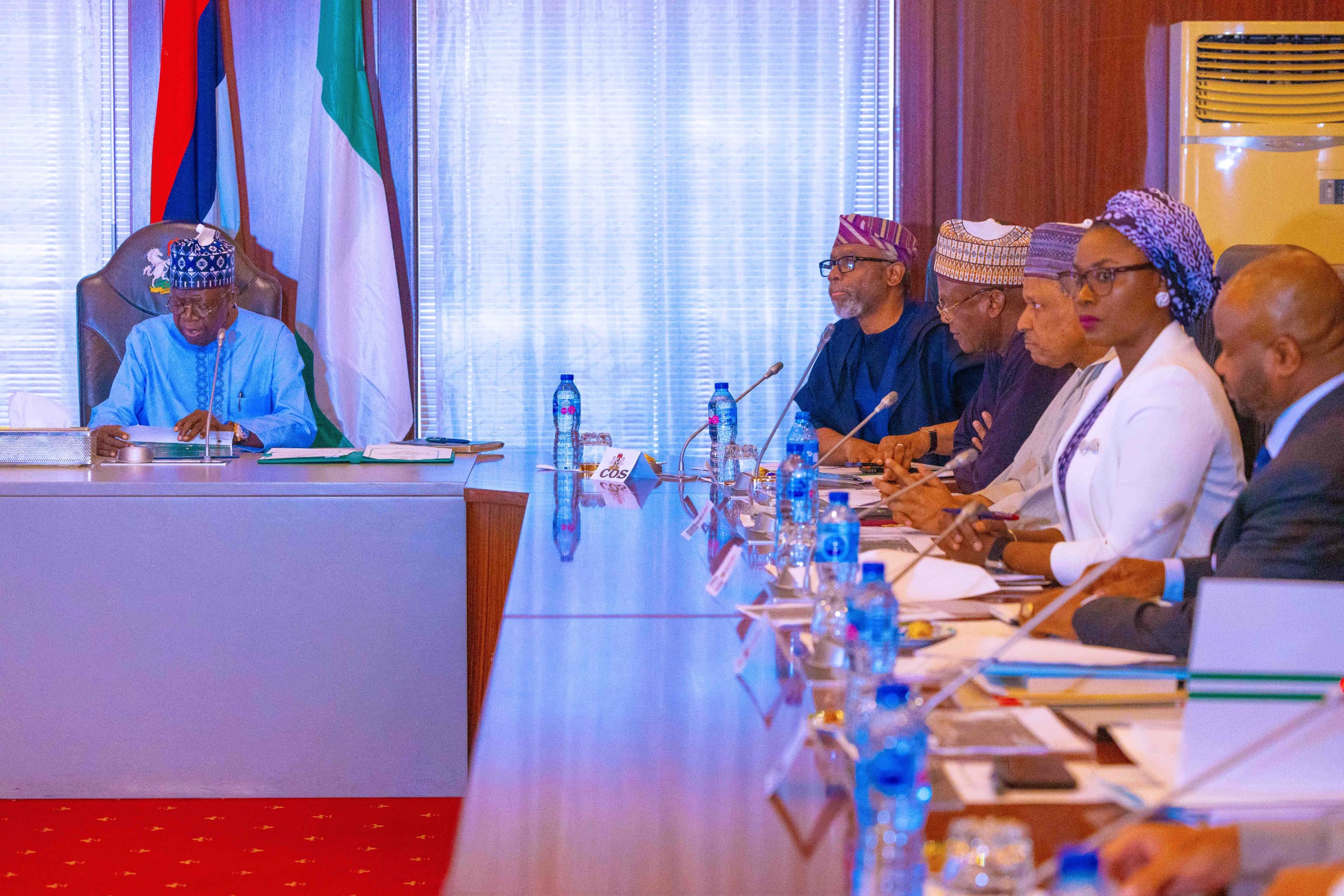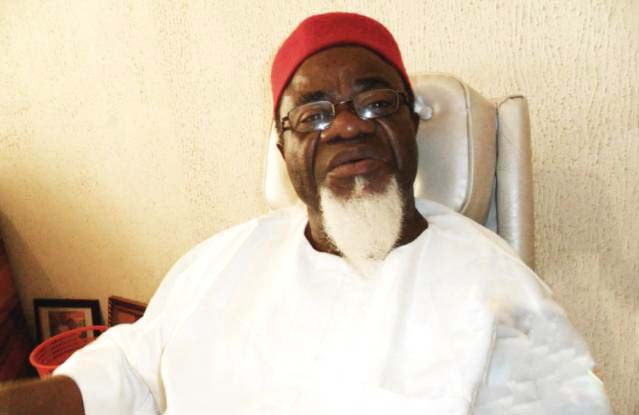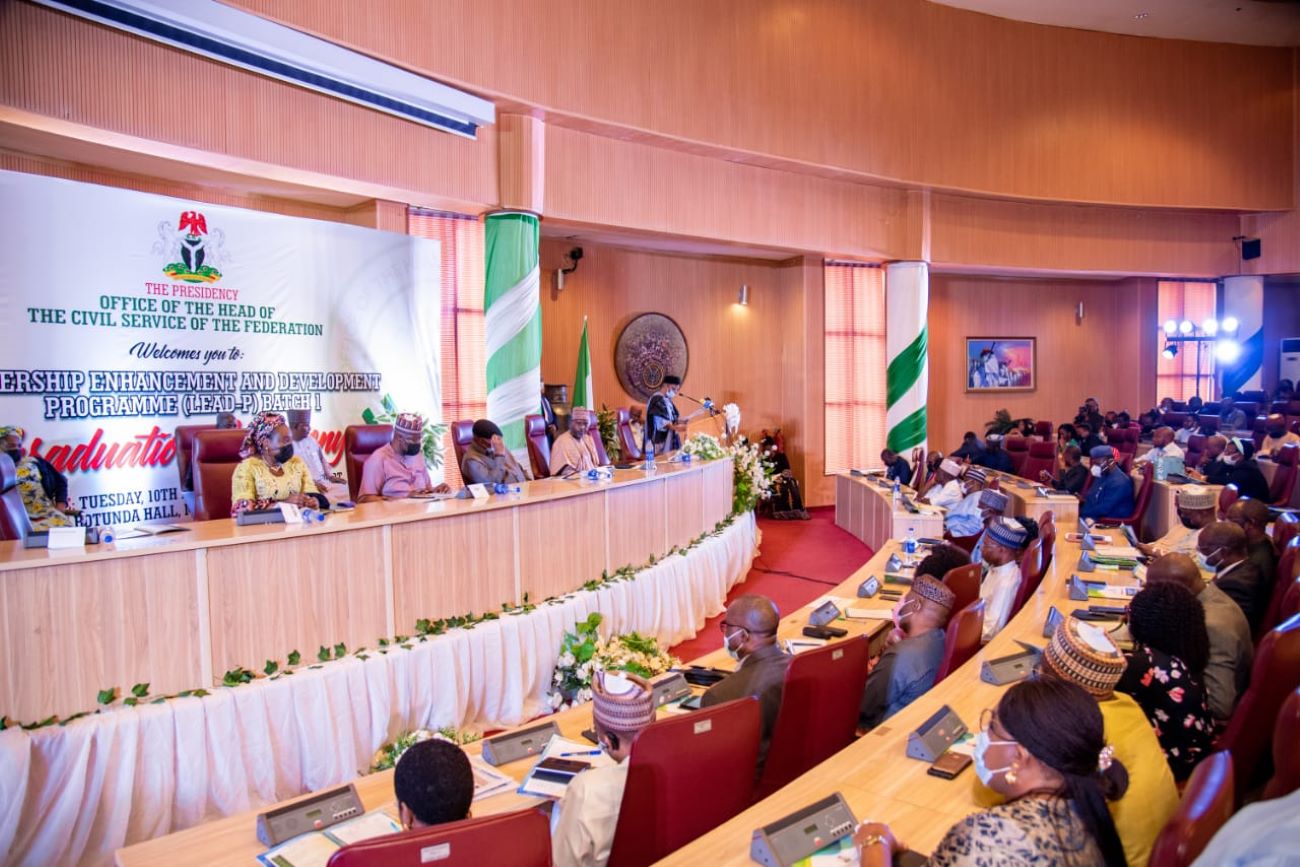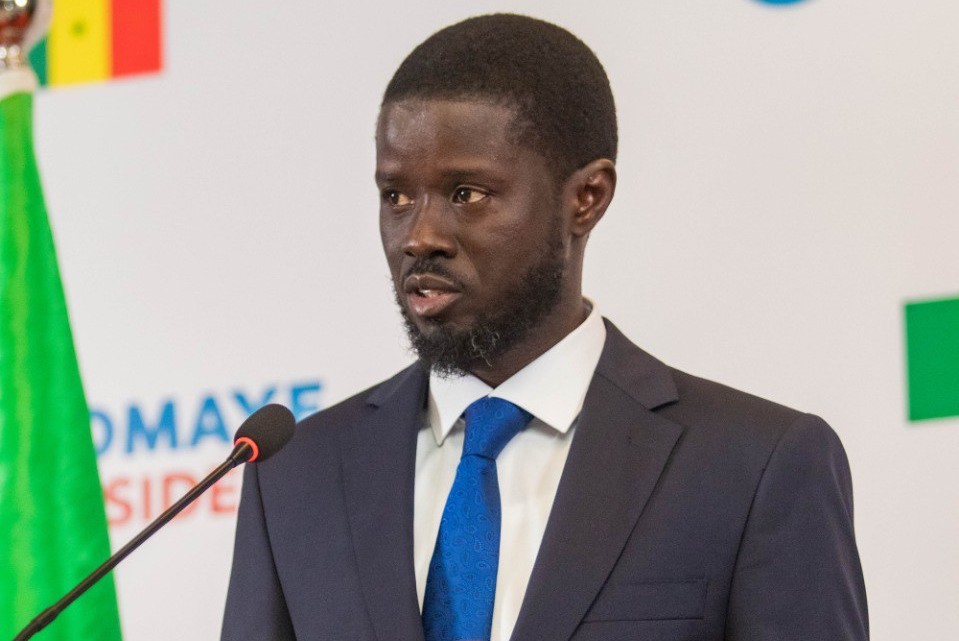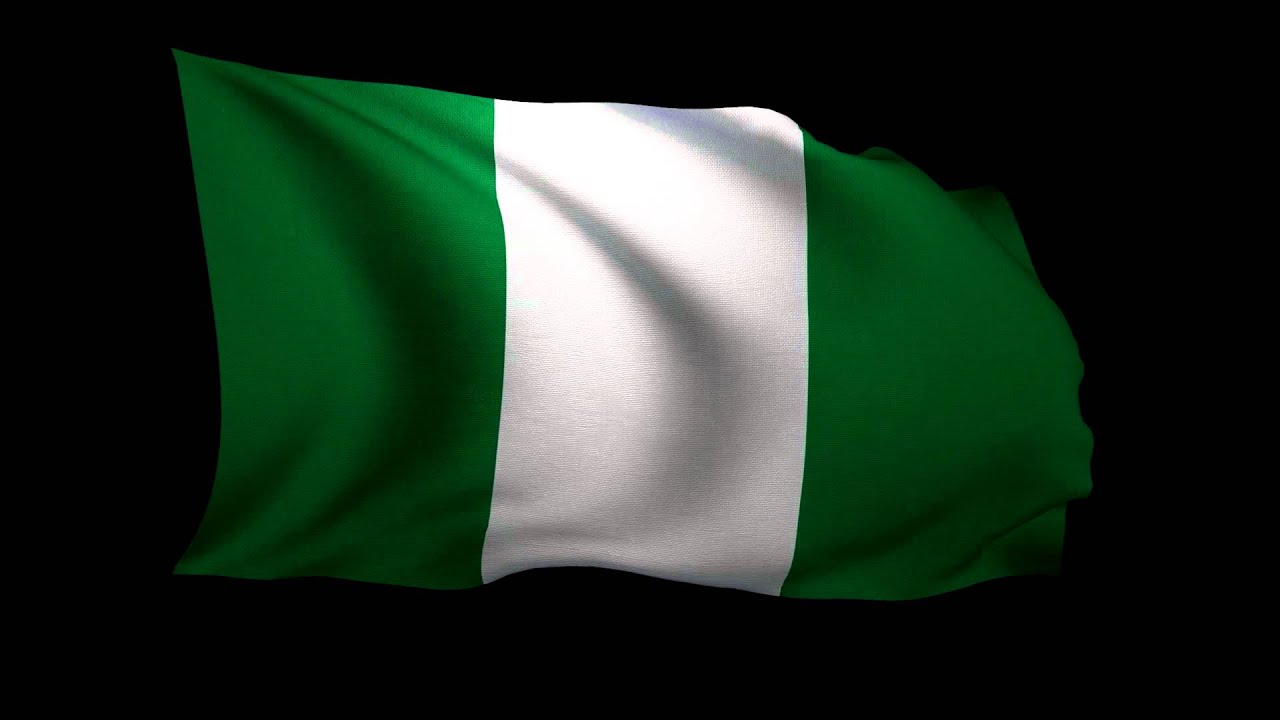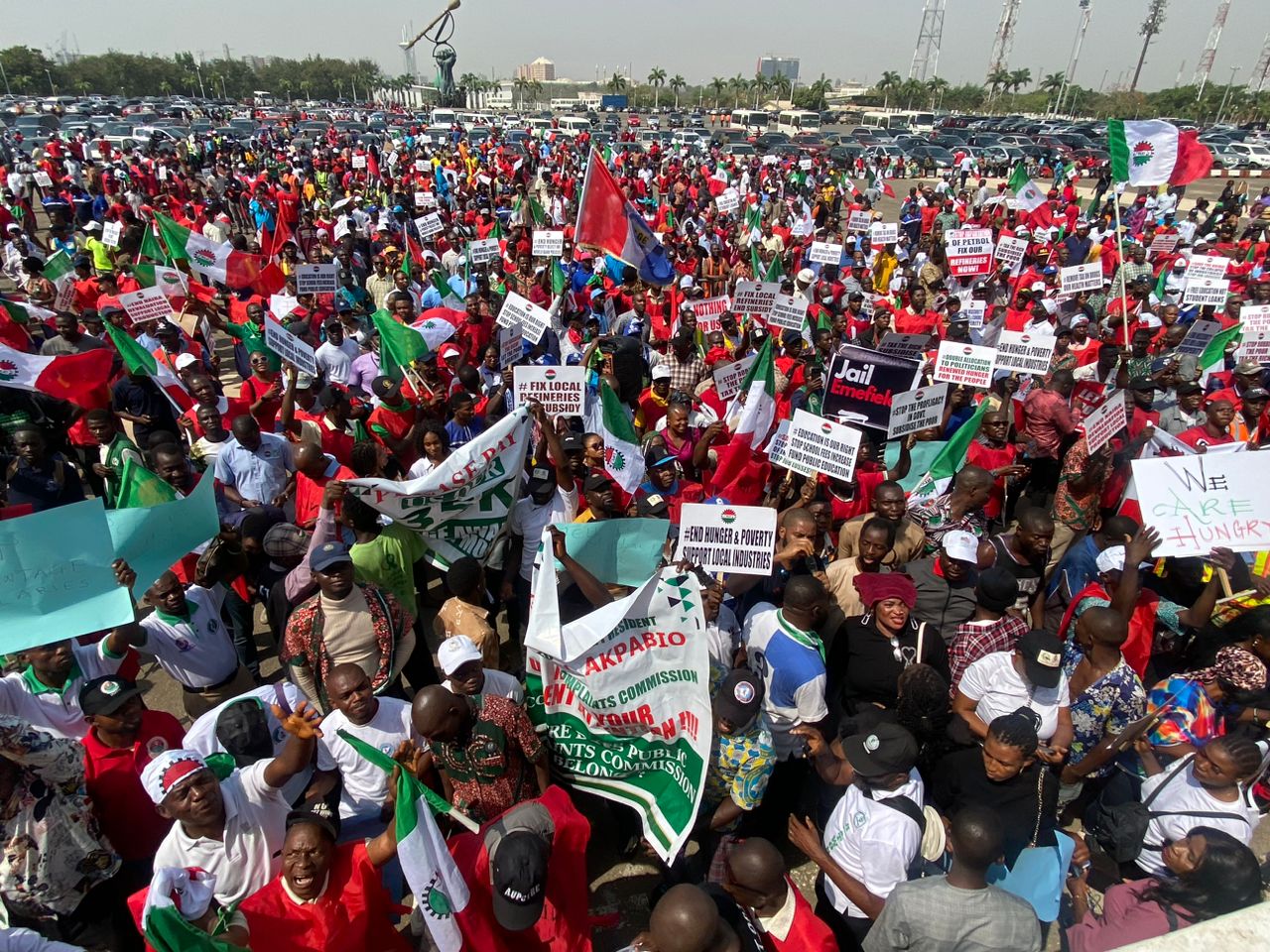The administration of President Bola Tinubu, right from day one, has left no one in doubt as to where it stands on anything that has to do with payment of “subsidy”. In the eyes of neo-liberal economists, payment of subsidy under any guise is an avoidable burden on the state that would not allow for funds to be available for running the machinery of government, even though they fail to tell us, the essence of running the machinery, and for whose benefit? The essence of government, which many sane minds across epochs, and the globe believe, is to ensure the happiness of the majority of the citizenry.
Therefore, if the reason for this unwholesome annihilation of the citizenry is to enhance the smooth running of the machinery of the government, then, one may be justified to question the essence of the government. What does the government exist for, if millions of Nigerians can no longer enjoy their rights to life, or human dignity simply because we want to run the government’s machinery? If due to the rigid implementation of these Bretton Woods-inspired State-sponsored socio-economic hardships by the government, Nigerians are starving to death, who needs the government? “Who the government epp?”
The argument by those who subscribe to that neo-liberal economic policy is that money meant for running the government is being deployed to paying for freebies, which would not allow the citizens to be more hardworking in such a way that increases the national wealth. Its adherents insist that it is the only economic philosophy that possesses the efficacy, as an antidote to the chronic under-development that distinguishes the “rest” from the West. Apologies to Chinweizu Ibekwe. But contrary to their prognosis, what happened to Greece, the most prominent Western country to have embraced and applied the theory to managing their economy over a decade ago, makes it a difficult one to sell. The state of Greece nearly went under, as their economy headed south, no, thanks to the IMF/World Bank-midwife economic policy of liberalisation, or deregulation. By deregulation, they mean limited or zero-government involvement in the control of the market – everything should be left for the market forces of demand and supply to determine. That is, prices of goods and services, following the withdrawal of subsidy, should be determined by the unseen hands of the market forces of demand and supply.
If implementing the policy, as packaged by the Bretton Woods institutions, translates to there being so much money that the President, and his cabinet members, the Governors and their cabinet ministers, as well as other officials of the government, could be travelling to the “Moon” three times in a week, then there shouldn’t be any need for the Tinubu’s administration to request for any loan approval from the National Assembly, as we currently witness. That is why, since President Bola Tinubu completely removed fuel subsidy, stopped defending the Naira, and now removed subsidy for, electricity, I cringe at most of the things I read in the news concerning the government wanting to take “XYZ” loans for one project or the other.
Advertisement
Just in late December 2023, the Senate approved for the president to borrow as much as $8.6 billion, and €100 million, as part of the 2022-2024 borrowing plan of the federal government. The Red Chamber similarly okayed Tinubu’s request to securitise the Central Bank of Nigeria ₦7.3 trillion “Ways and Means” advances to the federal government. This is just as Tinubu, earlier, got approval for an $800 million World Bank loan request from the National Assembly, to be distributed among the “vulnerable”, the same group that the IMF says does not deserve to enjoy subsidies on petrol, education, health, electricity among other essential services. I know some people would argue that most of the loan requests were made under the administration of Muhammadu Buhari especially, the ₦7.3 trillion. But what they fail to admit to is the fact that it would be understandable, and justifiable, if it were the same Buhari who applied for them, without the intention of removing subsidy who got those loans.
Buhari has an unparalleled record when it comes to using what I call “the Kao Kudi” economic philosophy – others call it “Buharinomics”. Whenever the custodians of the government vault told him “there is no money” to meet any of his requests, it was either they printed more Naira notes, or they went a-borrowing. But here, we are talking about Tinubu, the man credited with so much brilliance in “financial engineering”, toeing the line of a Buhari, to whom many informed Nigerians have conceded the right to mismanage our public financing, on account of his acknowledged, and certified lack of competence in economic management.
If you’d excuse my extreme loyalty to simple logic, “total subsidy removal” should be mutually exclusive with these incessant “government borrowings”, especially, at the current rate, at which Tinubu goes about it. That (ceaseless borrowing) should not be the case, when earnings from crude oil have purportedly tripled what they used to be by this time in 2023, and before.
Advertisement
Recently, the Kaduna state governor, Uba Sani cried out, detailing how his administration has been struggling to pay the salaries of state workers. He listed the debts to include $587 million, ₦85 billion and ₦115 billion contractual liabilities.
So, if it is true that states’ allocation from the federation’s account has increased tremendously, then, Governor Sani should be complaining less. After all, he was, at a point, a part, and parcel of the previous administration in the state who was responsible for accumulating those debts until he contested for, and won, the senatorial seat for Kaduna Central. He secured the senatorial ticket on account of his being close to the then Governor, Mallam Nasir el-Rufai before he got the ultimate reward at the state level — the gubernatorial ticket with which he won the last governorship election. The main reason el-Rufai sent him to the Senate was for him to go and replace Senator Shehu Sani, who in collaboration with Senator Hunkuyi tried to prevent the upper legislative chamber from approving the then governor’s humongous applications for foreign loans. Meanwhile, it was to prevent a day like this. It was to avoid stories like these, that touch, according to Senator Sani.
If the complete removal of subsidies, and the plethora of newly introduced tax handles are anything to go by, why should the federal government be borrowing more money? What for? Nigeria’s (national, and subnational) governments should, by now, be swimming in dollars, contemplating growing foreign reserves and other forms of saving. There should be no need to pursue further, any pending loan application, let alone make new requests for new ones unless there is something the IMF/World Bank is not telling the rest of us. Or there is something the theorists told our president but he refuses to tell us.
A huge chunk of our future is mortgaged already through excessive borrowing, those of our grandchildren should, therefore, be spared. Please do not get me wrong. Although I acknowledge the fact that borrowing is an important instrument of public financing, it should not be abused. What I am saying is that it should be purpose-driven.
Advertisement
The most annoying part of it is that, while Nigerians groan under the Tinubu-minted hardship, the only thing being subsidised by some state governors (including the federal government) is pilgrimages, by Muslims and Christians, to the holy lands of Mecca, and Jerusalem respectively. Meanwhile, this contravenes section 10 of the 1999 constitution, which proclaims the secularity of the Nigerian state.
I wonder why the IMF remains less emphatic on subsidy for pilgrimage since it’s not a value-adding venture to the nation in economic terms. Education, health, agricultural inputs, housing – through building materials, and other productivity-enhancing sectors, to them, are not worth being subsidised, but pilgrimage is. The question now is; are we witnessing a case of misplaced priority for the Nigerian government, or is it a part of the grand design by the grand architects of the anti-masses economic policy? We keep our fingers crossed, as events in the days ahead unfold.
Eid Mubarak to all my esteemed Muslim readers, across the world! May the Almighty Allah accept our sacrifices over the past month, and beyond, as acts of Ibadah.
Advertisement
Abubakar writes from Ilorin, Kwara state. He can be reached via 08051388285 or [email protected]
Advertisement
Views expressed by contributors are strictly personal and not of TheCable.
Add a comment

